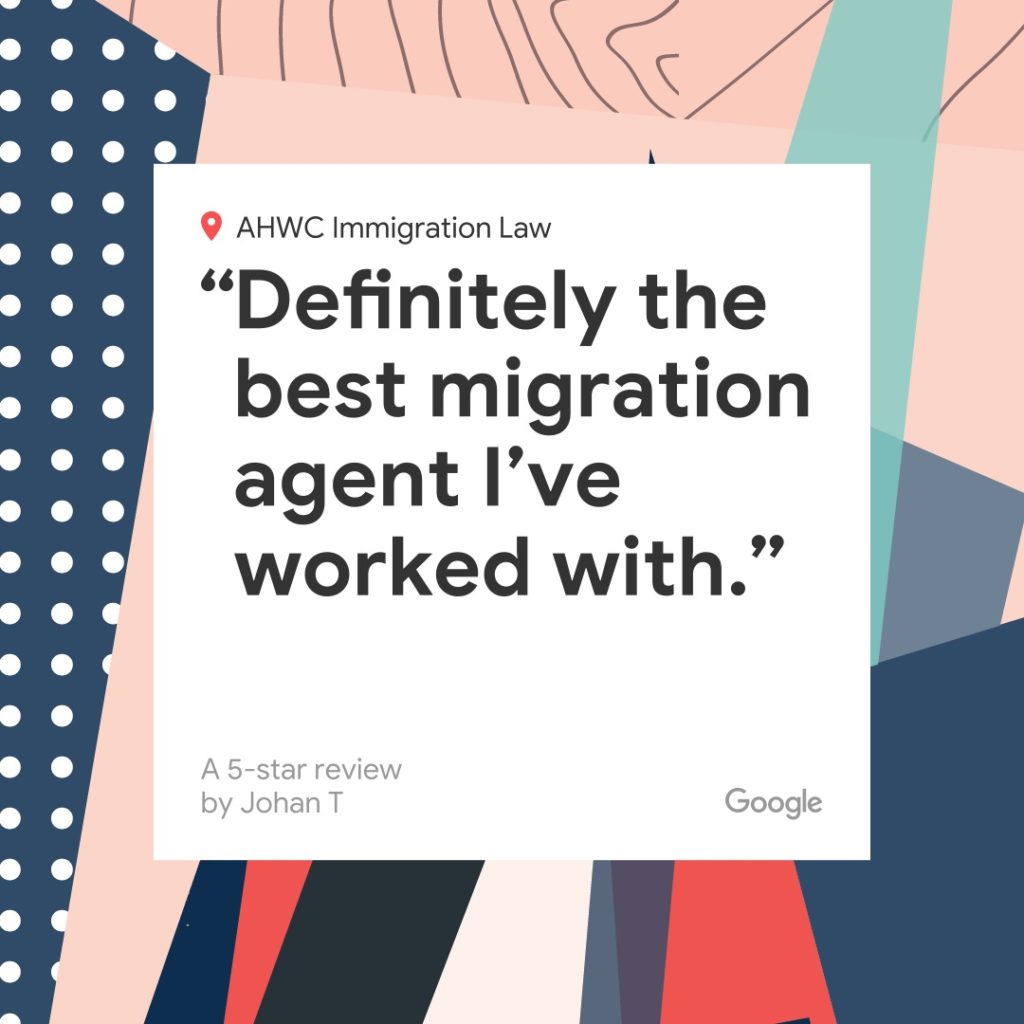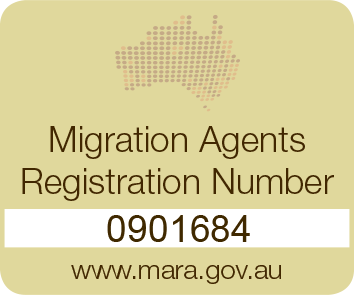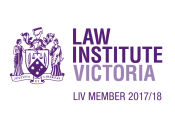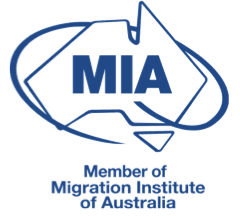Australian Health Waivers and Permanent Residency.
The July 1st, 2019 changes to the government’s Health Waiver conditions are fantastic for those previously unable to meet the Health Waiver requirements. This provides an opportunity for those who were choked by the previous rules to be eligible for Australian permanent residency.
All permanent residence visa applications (as well as some temporary visas) require the visa applicant to undergo a health examination and obtain a health clearance, in order to be granted the visa.
If the health examination result is a “Does Not Meet”, the applicant has not met the health requirement and a visa cannot be granted unless a Health Waiver is available and exercised.
Why does an applicant “fail” the health requirement?
A visa applicant fails the health requirement because their health condition:
- Will result in “significant” health care and community services costs to the Australian government, and/or
- Will prejudice Australian citizens’ or Australian Permanent residents’ access to health care (ie: the applicant cannot take priority over citizens or residents for medical care which may involve waiting lists or be in short supply).
What does the Medical Officer of the Commonwealth (MOC) include when adding up “significant” costs of medical care?
- Costs that are measured include:
- Medication
- Community services, including e.g. needing a teacher’s aide in the classroom
- Medical care
- Some Social security payments
What period of time does the MOC take into account? (“Cost Assessment Period”)?
MOC Cost Assessment Period (Permanent Visas)
| • Applicants over 75 years of age | 3 years |
| • Applicants with reasonably predictable (beyond a five year period) permanent condition | 10 years |
| • Applicants with reasonably predictable (>65% likelihood) reduced life expectancy | A maximum of 10 years if greater than five years |
| • All other permanent and provisional applicants | 5 years |
- The threshold of costs is currently $49,000 to become “significant”.
Good news for many – until 1 July 2019, the costs threshold was $40,000 and this was assessed over the period of the visa – ie: for a permanent residence visa, the visa applicant’s lifetime. Now, as you can see from the table above, the longest period of time that the MOC can assess is 10 years.
These changes are significant and will mean that applicants who previously would not meet the health requirement if their health condition was costed over a lifetime, may now be able to meet the health criteria.
What is Prejudice to Access to Care?
Prejudice to Access is identified when the visa applicant’s medical condition would be likely to prejudice the access of Australian citizens and permanent residents to health care and community services that are currently in short supply.
Currently this includes organ transplants (including bone marrow transplants), and kidney dialysis.
What is a Health Waiver provision?
A Health Waiver provision within a visa allows a Department of Home Affairs visa decision-maker to overlook (or waive) a failed health examination if:
- There are demonstrable compelling and compassionate factors affecting an Australian citizen or an Australian permanent resident if the visa is refused.
- The applicant demonstrates an ability to mitigate costs of their medical care.
- The applicant is able to mitigate the prejudice to access to care.
Compelling and compassionate circumstances and mitigating factors must be of such significance that the decision maker can use their discretion to “overlook” the health examination “failure” and grant the visa.
Only certain visas contain a Health Waiver provision, and no Health Waiver is available to a person suffering from active TB or is otherwise a danger to the community because of their health condition.
When is a Health Waiver exercised?
A Health Waiver can only be exercised if:
- The visa applicant has failed to meet the health requirement, because, a Medical Officer of the Commonwealth (MOC) has assessed them as having a medical condition that is:
-
- likely to result in significant health care and community service costs or
- prejudice the access of Australian citizens or permanent residents to such services
- the visa applicant(s) satisfies all other criteria for the grant of the visa, and
- the decision maker is satisfied that the granting of the visa would be unlikely to result in:
- undue cost to the Australian community or
- undue prejudice to the access to health care or community services of an Australian citizen or permanent resident
What factors does the decision maker take into account when assessing whether the costs may not be “undue”?
What constitutes Compelling and Compassionate Circumstances?
The following factors may be accepted as compelling and/or compassionate circumstances:
- An Australian citizen sponsor has been diagnosed with a health condition and would be unable to access appropriate treatment if forced to relocate.
- There is no permanent migration pathway to the applicant’s home country (or another country that the couple have the legal right to reside in) available to the sponsor (for example, because same-sex migration to that country is not available).
- A sponsor would be seriously adversely affected financially, such that they would be unable to subsist (maintain or support themselves at a minimal level) in the applicant’s home country due to a lack of language skills, family support and/or employment opportunities.
- The sponsor holds/held a Protection or Refugee/Humanitarian visa and a decision not to waive would separate him/her from their spouse or children as they are unable to return to the country from which they fled and there is no third country option.
- There is evidence of an adverse impact on Australian citizen minor children if a decision not to waive is made (eg , the sponsor has provided evidence that they are prevented by the other parent from removing their children from Australia).
- The sponsor has significant family links to Australia, and has demonstrated caring or financial obligations towards them.
- Australia would miss out on a significant benefit that the applicant and/or sponsor could contribute to Australia’s business, economic, cultural or other development or are providing a valuable community service, eg through their employment and/or volunteering activities.
- The sponsor/family is already settled in a remote, rural or regional area.
- The sponsor/applicant and/or other working family members in a non-Skilled visa application (eg Partner Visa) have occupational skills in high demand.
- For Skilled visas, the applicant and/or other working family members have occupational skills that are found on the Department of Employment, Skills, Small and Family Business (formerly the Department of Jobs and Small Business Skilled Shortage) lists.
- If the applicant’s job is not on the MLTSSL or the Department of Employment, Skills, Small and Family Business lists, the applicant or sponsor has a unique skill set that is vital to their employer’s business, and there is evidence that the employer would suffer detriment if a Health Waiver was not exercised.
- There are any other compelling or compassionate factors including the location and circumstances of the applicant and/or sponsor’s family members.
Capacity to Mitigate Costs
Generally, just paying taxes is not usually considered an indicator of a strong capacity to mitigate costs – unless there are other factors such as:
- The applicant/sponsor and/or other family members have substantial (in relation to the potential cost identified) income, assets, savings or another demonstrated ability to mitigate the costs involved, e.g
- Private care arrangements
- Private Health Insurance
- Support being available
- Any available care cannot, however, be at a level that the Australian community would find unacceptable.
- No person requiring care in Australia should be expected to accept a lesser standard of health care, food, accommodation, work environment or social interaction than that which would be expected to be available to Australian residents.
- The care arrangements should also be considered with regard to their durability, for example, care that is provided by an ageing family member may not be feasible in the longer term.
How is “undue” prejudice to access to care assessed?
- Where it is anticipated that organ donation may be required and a live donor option is available, favourable consideration may be given,
- Where the applicant has a family member (preferably in Australia or migrating) who has been compatibility tested, and is willing to donate an organ (directly or through a scheme such as the Paired Kidney Donor Scheme).
- If the MOC has identified the applicant is likely to require dialysis, favourable consideration is given if documentary evidence has been provided that the applicant:
- Has a demonstrated history of accessing, and of having the financial capacity to continue accessing dialysis at a private clinic; or
- Has Private Health Insurance which will cover the cost, and has a demonstrated history of accessing dialysis at a private clinic.
Which Visas Have a Health Waiver Provision?
The following visas have a health waiver provision:
| Subclass | Description |
|---|---|
| 100: Subclass 309 offshore Temporary and 100 onshore Permanent Partner Visas | Partner |
| 101: Subclass 101 Child Visa | Child |
| 102: Subclass 102 Adoption Visa | Adoption |
| 186: Subclass 186 Employer Nomination Scheme (ENS) Visa | Employer Nomination Scheme (Temporary Residence Transition Stream (TRT) only) |
| 187: Subclass 187 Regional Sponsored Migration Scheme (RSMS) Visa | Regional Sponsored Migration Scheme (TRT stream only) |
| 188: Subclass 188 Business Innovation and Investment Provisional Visa | Business Innovation & Investment (Provisional) (Business Innovation Extension Stream or Significant Investor Extension Stream only) |
| 189: Subclass 189 Skilled Independent Visa | Skilled Independent 189 (New Zealand Stream only) |
| Subclass 200 Visa | Refugee |
| Subclass 201 Visa | In Country Special Humanitarian |
| Subclass 202 Visa | Global Special Humanitarian |
| Subclass 203 Visa | Emergency Rescue |
| Subclass 204 Visa | Woman at Risk |
| 300: Subclass 300 Prospective Marriage Visa | Prospective Marriage |
| 309: Subclass 309 offshore Temporary and 100 onshore Permanent Partner Visas | Partner |
| Subclass 445 Visa | Dependent Child |
| Subclass 449 Visa | Humanitarian Stay |
| 457: *The TSS Visa has Officially Replaced the 457 Visa | Temporary Work (closed to new applications) |
| 461: Subclass 461 New Zealand Citizen Family Relationship Visa | NZ Family Relationship |
| 482: Temporary Skills Shortage (TSS) Visa | Subclass 482 | Temporary Skill Shortage |
| 500: Subclass 500 Student Visa | Student (Foreign Affairs or Defence sector only) |
| 801: Subclass 820 onshore Temporary and 801 onshore Permanent Partner Visas | Partner |
| 802: Subclass 802 Child Visa | Child (Residence) |
| 820: Subclass 820 onshore Temporary and 801 onshore Permanent Partner Visas | Partner (Provisional) |
| Subclass 850 Visa | Resolution of Status |
| Subclass 852 Visa | Referred Stay (Permanent) |
| 887: Subclass 887 Skilled Regional Permanent Visa | Skilled Regional |
| 888: Subclass 888 Business Innovation and Investment Permanent Visa | Business Innovation & Investment (Permanent) |
There are also some visas where a health waiver provision is available in specific circumstances:
| Subclass | Description | Specific Circumstances |
|---|---|---|
| 143: Subclass 143 Contributory Parent Permanent Visa | Contributory Parent | applicant holds a visa obtained by Ministerial Intervention such as a substituted 600 or 676 |
| Subclass 151 Visa | Former Resident | applicant has applied in Australia as a long residence applicant or if the primary applicant has applied as a defence service applicant |
| 884: Subclass 884 Contributory Aged Parent Temporary Visa | Contributory Aged Parent (Temporary) | applicant holds a visa obtained by Ministerial Intervention such as a substituted 600 or 676 |
| 804: Subclass 804 Aged Parent Permanent Visa | Aged Parent | applicant holds a visa obtained by Ministerial Intervention such as a substituted 600 or 676 |
| 864: Subclass 864 Contributory Aged Parent Permanent Visa | Contributory Aged Parent | applicant holds a visa obtained by Ministerial Intervention such as a substituted 600 or 676 |
| Subclass 890 Visa | Business owner (residence) | applicant holds a particular provisional visa |
| Subclass 891 Visa | Investor (Permanent) | applicant holds a particular provisional visa |
| Subclass 892 Visa | State/Territory sponsored business owner (residence) | applicant holds a particular provisional visa |
| Subclass 893 Visa | State/Territory sponsored investor (residence) | applicant holds a particular provisional visa |
Need help with a health waiver? Talk to us today – we have helped many people with health waivers, and we receive many referrals from other migration firms.
Why not take advantage of our complimentary consultation service? You can book online here.


 Points Test
Points Test
 Book Now
Book Now 


